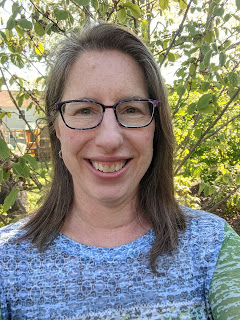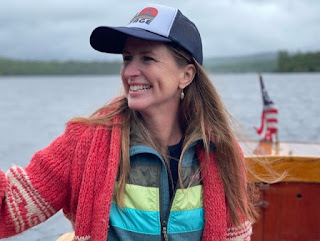Jean Lutes

I specialize in American women writers of the late nineteenth and early twentieth century. Inspired in part by my first career as a newspaper reporter, I have always been fascinated by the dynamic exchange between journalistic practices and literary work. My first book, Front-Page Girls: Women Journalists in American Literature and Culture, 1880-1930 , argued that the gritty, male-dominated vision of newspaper work associated with the rise of literary realism in the United States obscured a vibrant alternative tradition of women’s reporting. That tradition featured not objectivity and detachment, but rather material embodiment and emotional engagement. The myth of objectivity (and I do believe it’s a myth) has grown even more interesting to me with the spread of texts generated by AI. My interest in women’s reporting led to my second book: the first edited collection of the writings of daredevil stunt reporter Nellie Bly, which was published by Penguin Classics in 2014. In 2021, I



